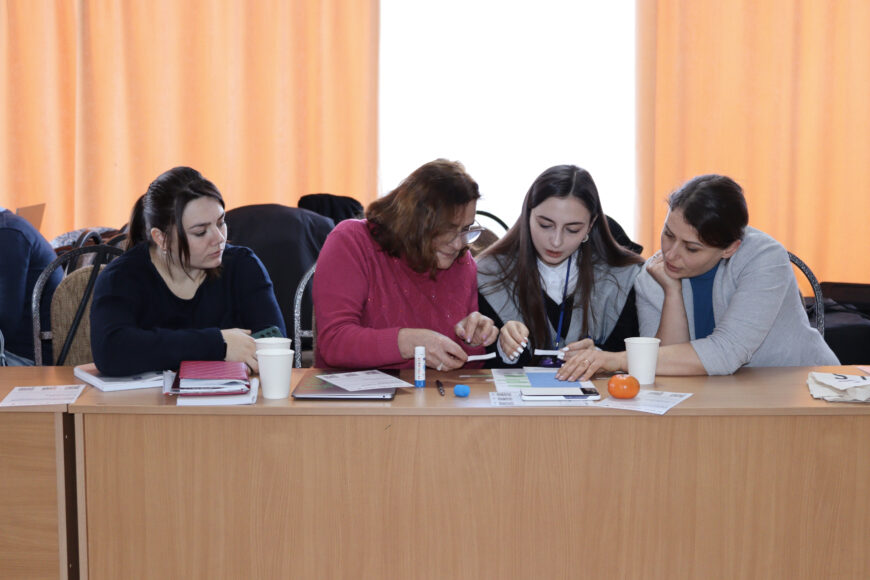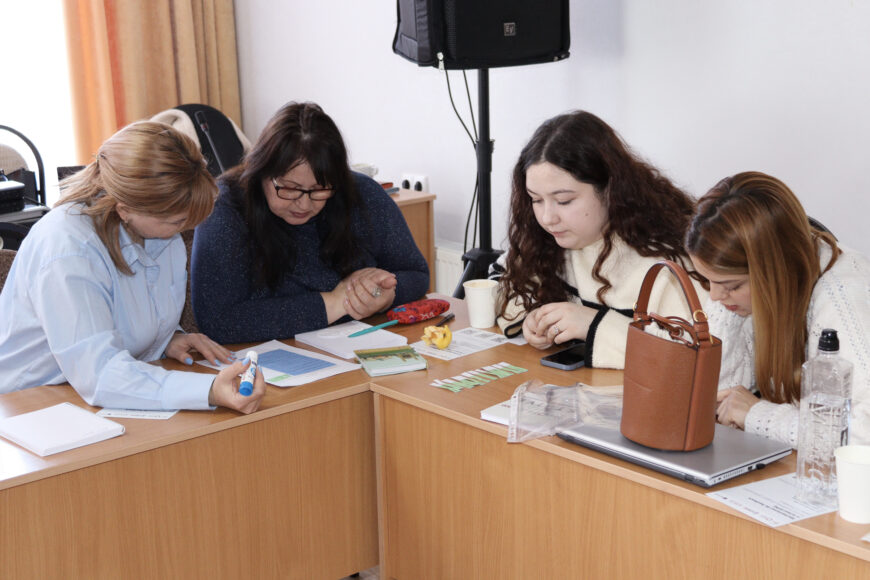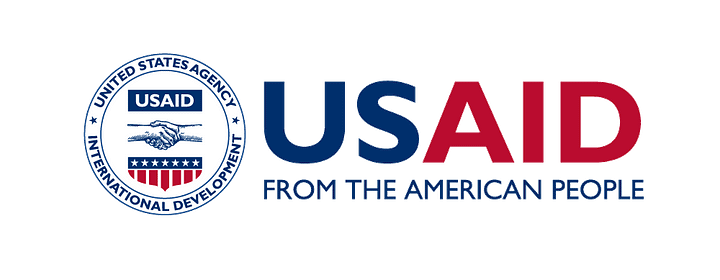Moldova is a small country in Eastern Europe which faces risks related to natural and man-made disasters, such as heat waves, drought, soil erosion, air pollution, worsened by economic stressors including important influx of refugees caused by the war in Ukraine.
The country and its rural population are heavily dependent on agriculture: almost 74% of Moldova’s territory is agricultural land. Climate change has significantly impacted the agricultural sector, as well as health. (IMPACT Initiatives, October 2023)
To strengthen the way local authorities, the civil society and farmers respond to current and potential disasters, the STRIVE consortium was established in early 2023.
STRIVE is a collaborative initiative, composed of three international NGOs: Acted, IMPACT Initiatives (IMPACT) and their inter-agency REACH Initiative, and Bibliothèques sans frontières (BSF). This project aims to strengthen the preparedness and resilience of local authorities and communities in the Anenii Noi raion (located in the South of the country) where high disaster risks were identified. The project is funded by the Agence Française de Développement (AFD), and co-funded by USAID Bureau of Humanitarian Assistance (BHA) .
By developing Disaster Risk Reduction (DRR) strategies for the local public authorities (LPAs) in the Anenii Noi region, establishing a Civil Society Organisations (CSOs) Coordination forum, and conducting training for local authorities and CSOs, the project aims to enhance the disaster response in the Anenii Noi Raion.
International expert
In January 2024, Acted recruited Raheela Saad, an international expert on DRR, who facilitated a Disaster Risk Training for 30 Moldovan CSOs. Raheela has over 15 years of professional expertise in disaster risk management, project management, and monitoring & evaluation. With her expertise, Acted conducted trainings aimed at enhancing the knowledge of CSOs and local authorities working in the field of DRR.
We are conducting this training on behalf of Acted Moldova, with the aim of increasing the knowledge of CSOs and local authorities working in the field. This will help them conduct good risk assessments, design and develop plans that ensure resilience, and better prepare actors to handle and manage future disasters. The training is very hands-on, with lots of activities for participants.
We hope that by the end of the sessions, they will have the necessary skills to carry out the activities involved in the entire disaster management cycle.
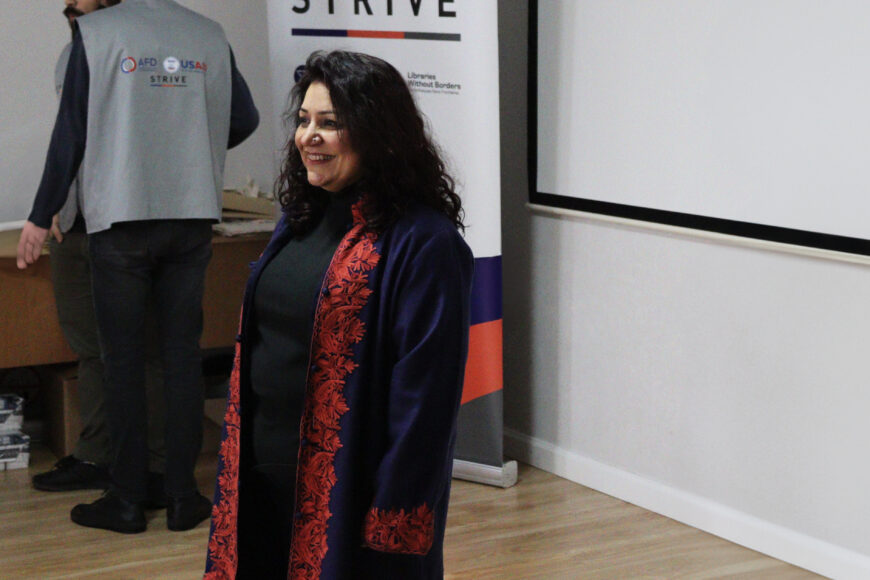
Social inclusion worker
The trainings brought together representatives of CSOs from a wide range of sectors such as Social Inclusion, Gender-Based Violence, Environmental Protection, Media, and Women Empowerment. Among them was Ludmila – a member of Eternitate, a CSO that supports the social inclusion of people with special needs in the Fălești Rayon of Moldova.
She joined the training to deepen her knowledge of how to help people with special needs in case of a disaster. During the first influx of refugees from Ukraine into Moldova, her organisation was trying to help people with disabilities.
There are no statistics on how many people arrived with disabilities, what kind of disabilities they have and what their needs are. We don't know how to help them in cases of floods, earthquakes and so on. People and society do not know how to deal with such people.
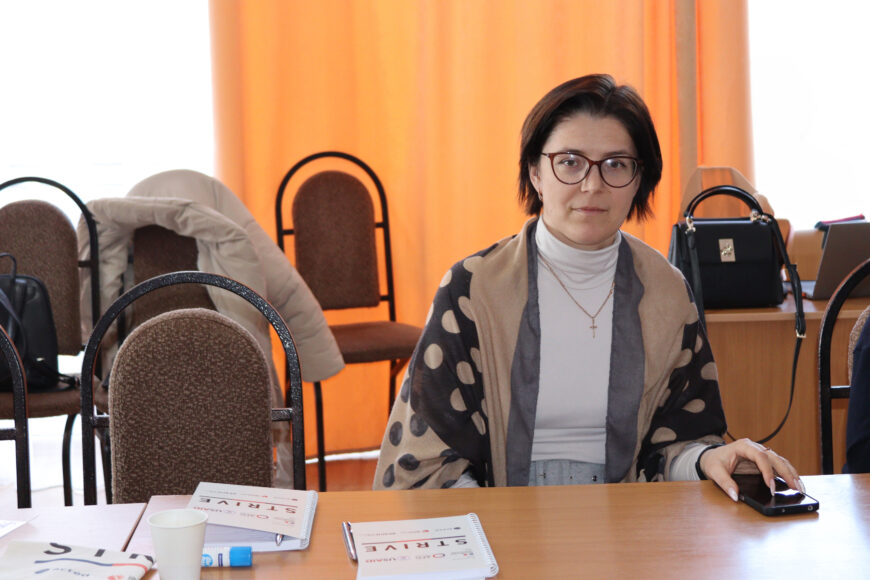
Ludmila’s desire to expand her knowledge in disaster risk management is shared by the rest of the training participants who work with vulnerable groups such as Roma community, refugees, people with disabilities and others.
The knowledge gained by the members of CSOs will help them thrive in crisis situations, allowing them to take informed decisions for sustainable action. This activity contributes to Acted’s strategic goal of Zero exclusion, by fostering the inclusion of marginalized groups in the programming. The ultimate aim is to give them a stronger voice in decision-making and DRR at the local level.
